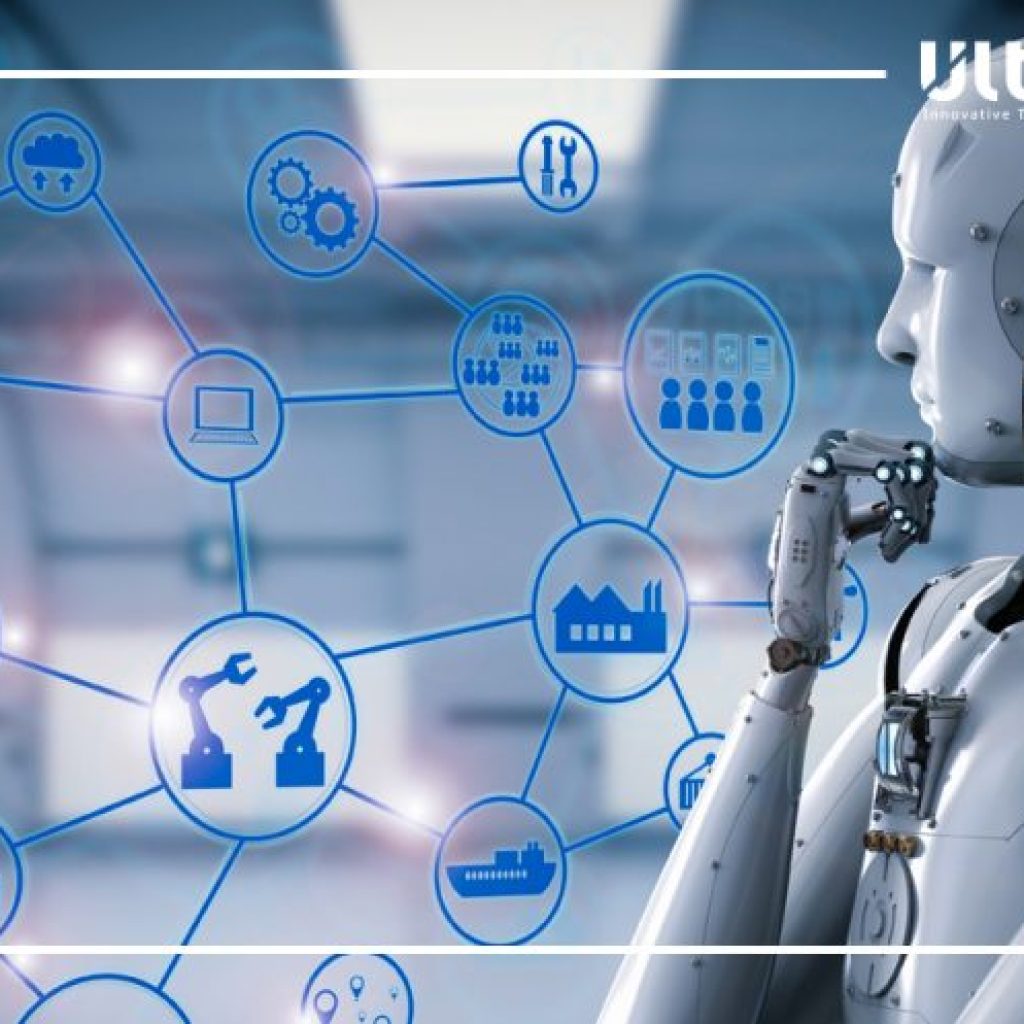By the end of March or the beginning of April of this year, India is planning to launch an ambitious artificial intelligence (AI) programme with a large dataset. Rajeev Chandrasekhar, the Union Minister of State for Electronics and IT, made the announcement on March 7 in Mumbai. According to recent government announcements in the budget, the India AI programme will have three centres of excellence and one of the largest publicly accessible datasets in the world. As a step towards achieving the goal of making AI in India, Finance Minister Nirmala Sitharaman stated during the Union Budget 2023 that the nation would establish three centres of excellence for AI in top educational institutions.
During his speech at the event, Chandrasekhar said that the Indian AI ecosystem. Along with fintech and other areas, will change the next generation of these tech areas. Chandrasekhar also discussed the development of the fintech industry in India. In contrast to the global average adoption rate of 67%, the emerging Indian fintech ecosystem has one of the highest adoption rates in the world, at 87%, with UPI playing a significant role in this change. According to the MoS, India’s digital economy will support thousands of entrepreneurs working in fields as diverse as blockchain, artificial intelligence, and semiconductor innovation.
Also Read: Tiffany & Co. Taps K-Pop Star Jimin as Global Brand Ambassador
He pointed out that the Indian government is taking regulatory measures, such as the Digital Personal Data Protection (DPDP) Bill and Digital India Act. To ensure that the internet remains safe and dependable for all digital citizens despite the fast-paced evolution of technology and the internet. It is important to note that the Center introduced the draught DPDP Bill in November last year. Months after withdrawing the Personal Data Protection Bill in 2021 in the face of criticism from a number of stakeholders.

Chandrasekhar clarified that the bill won’t cause any snags, roadblocks, or other obstacles to the development of the innovation ecosystem. The DPDP will keep the innovative spirit going, protect citizens’ rights. It give the government access to personal data in rare cases. The MoS claims that the Digital India Act, which was passed by the Centre, is a “global standard contemporaneous legislation”. That addresses the issues of openness, user harm, and accountability online as well as the future of the internet. The Digital India Act will replace IT ACT 2000. The discussions about its architecture, according to the minister, will begin this week. A ten-member committee has been established by the national government. To examine the parameters of a new digital competition law in addition to the regulatory measures already mentioned.
Also Read: Axiata Digital Labs Partners with AWS to Offer Digital Telco Services to Customers
By taking these actions, India’s digital economy is predicted to reach $1 trillion by 2025. The government of India is committed to establishing a robust digital economy. As evidenced by its efforts to develop an AI ecosystem with large datasets, implement regulatory safeguards for personal data protection. And investigate the potential for new digital competition legislation. These measures will support innovation and guarantee a secure and reliable environment. All digital citizens as the nation rapidly develops in the tech and internet sectors.
















